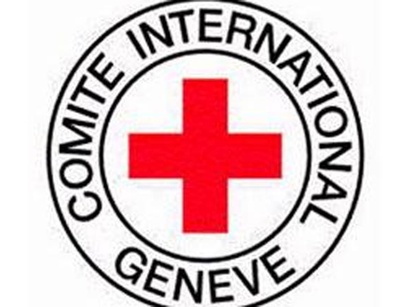Azerbaijani prisoner of war departed Armenia for third country

On 30 August, the ICRC was informed by the Armenian authorities that the Azerbaijani prisoner of war had been released and had departed Armenia for a third country under the auspices of another international organization.
Earlier, on 20 August, ICRC delegates had visited an Armenian prisoner of war interned in Azerbaijan since 8 August. On that occasion, they gave him the opportunity to exchange messages with his family. The visit was conducted in accordance with the ICRC`s standard working procedures.
"Meanwhile, the ICRC is pursuing its dialogue on all issues relating to the capture and internment of the Armenian soldier directly and confidentially with the authorities concerned," said Denise Duran, head of the ICRC delegation in Baku.
The ICRC has been visiting prisoners of war and civilians interned in connection with the Nagorny Karabakh conflict since 1992. The aim of the visits is to monitor their conditions of internment and ensure that they are treated with dignity, in accordance with international standards. At the request of the parties and with the consent of those concerned, the ICRC, in its role as a neutral intermediary, can facilitate the repatriation of prisoners of war and civilian internees in coordination with the parties to the conflict. The ICRC does not have a mandate to resettle detainees in a third country.
The conflict between the two South Caucasus countries began in 1988 when Armenia made territorial claims against Azerbaijan. Armenian armed forces have occupied 20 per cent of Azerbaijan since 1992, including the Nagorno-Karabakh region and seven surrounding districts.
Azerbaijan and Armenia signed a ceasefire agreement in 1994. The co-chairs of the OSCE Minsk Group, Russia, France and the U.S. are currently holding peace negotiations.
Armenia has not yet implemented the U.N. Security Council`s four resolutions on the liberation of the Nagorno-Karabakh and the surrounding regions.














































